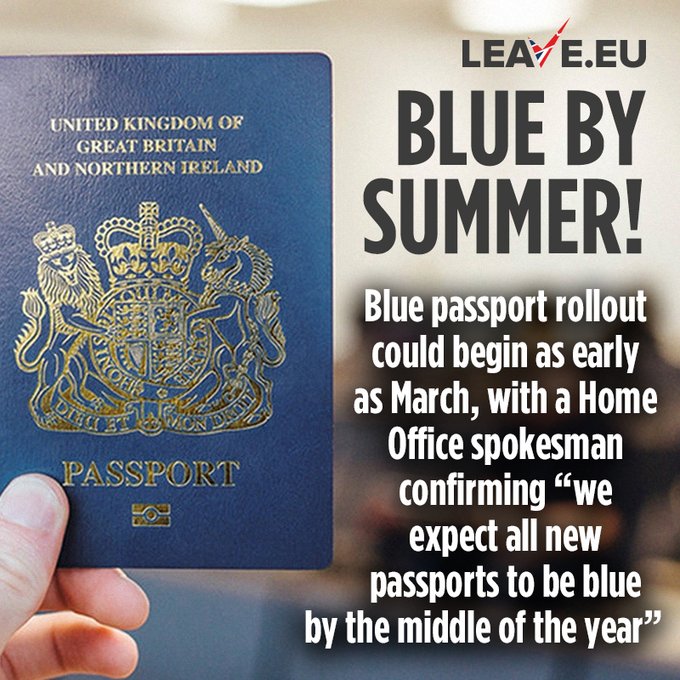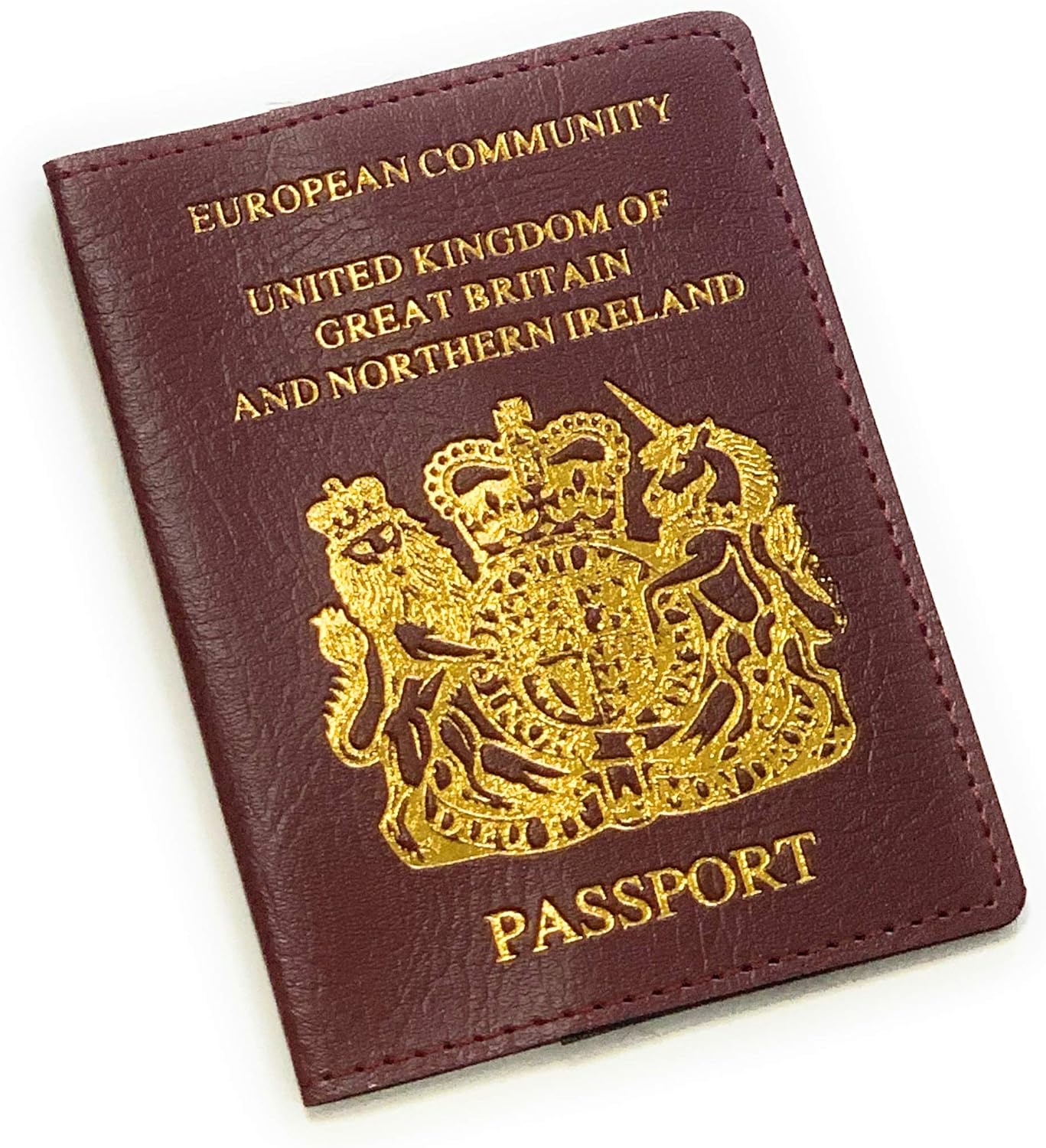Altfish
Veteran Member
I know, read loads of articles along similar lines; but I'm not a Corbynite, I'm central. I believe in regulated capitalism. I have no one to vote for. Or to be precise, no one with any hope. Politics has become extremes in the UK far left or far right.From the alt-right journal of choice the New Statesman:
Why the left keeps losing
John Gray
For the two wings of British progressivism – liberal centrism and Corbynite leftism – the election has been a profound shock. It is almost as if there was something in the contemporary scene they have failed to comprehend. They regard themselves as the embodiment of advancing modernity. Yet the pattern they imagined in history shows no signs of emerging. Any tendency to gradual improvement has given way to kaleidoscopic flux. Rather than tending towards some rational harmony, values are plural and contending. Political monotheism – the faith that only one political system can be right for all of humankind – has given way to inescapable pluralism. Progress has ceased to be the providential arc of history and instead become a prize snatched for a moment from the caprice of the gods.
In a droll turn, 21st-century modernity has turned out to be rather like Johnson’s beloved ancient classical world – although the flux we inhabit should temper any confident predictions of Conservative hegemony. Johnson’s invulnerable position in government masks the dominance of progressive ideas throughout much of British life. Even Labour, seemingly damaged beyond recovery, cannot be written off.
Progressive thinkers have reacted to the election result in different ways. Rationalists among them blame the first-past-the post electoral system. If only Britain had European-style proportional representation, the disaster they have experienced could have been avoided. It is obviously true that the result would not have been the same. Whether PR would have produced a progressive majority is another matter. If the 2015 election had been held under the D’Hont system used in elections to the European Parliament, Nigel Farage’s Ukip would have secured 83 seats in the Commons (it won nearly four million votes). In reality, voting patterns would be different under any kind of PR, but the far right would still play a larger part in the British political system than it does now. Progressives talk of building the kind of majority they want, as if it somehow already latently exists. More likely, parties of the far right would set the political agenda, as they do throughout much of the continent. If you want a European-style voting system, you get a European style of politics.
Other progressives prefer a demonological interpretation. Doodling their fever-dreams in green ink, they portray the election as having been hijacked by sinister global forces. Officially, they believe values and beliefs other than their own are errors that can be corrected by reason and education. In practice many among them have invoked an idea of omnipresent evil to explain humankind’s stubborn resistance to their efforts to improve it. Communist regimes pointed to saboteurs and foreign spies to account for the systemic failings of central planning. More recently, liberals have invoked Russian meddling and a global far-right network masterminded by Steve Bannon to explain their political defeats. Delusions of conspiracy are part of the mass psychology of progressivism, and will intensify in the coming months and years.
Taking another tack, avowed liberals carry on attempting to thwart the results of democratic choices – not only the referendum, but now a general election. Such attempts tend to be self-defeating, as American liberals will discover if impeachment solidifies Donald Trump’s base and opens his way to a second term as president. The anti-Brexit campaigner Gina Miller appears set to continue the alt-politics of legal warfare, but the attempt to install rule by lawyers can only have one result. The authority of the executive will be reasserted, and the British judiciary returned to a more modest role like the one it had before Tony Blair conjured up a Supreme Court one wet afternoon.
Why the left keeps losing
The far right lie better and the far left are not credible.



